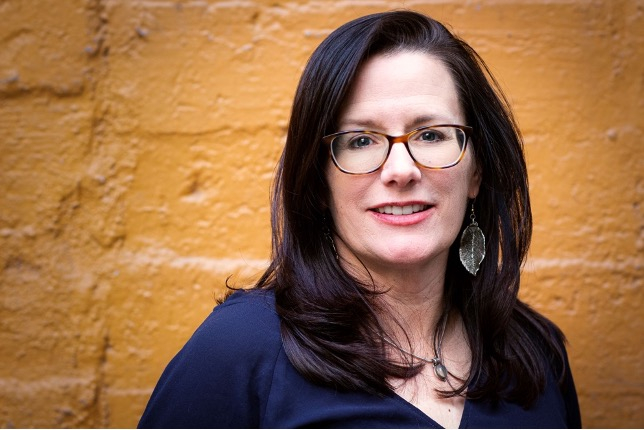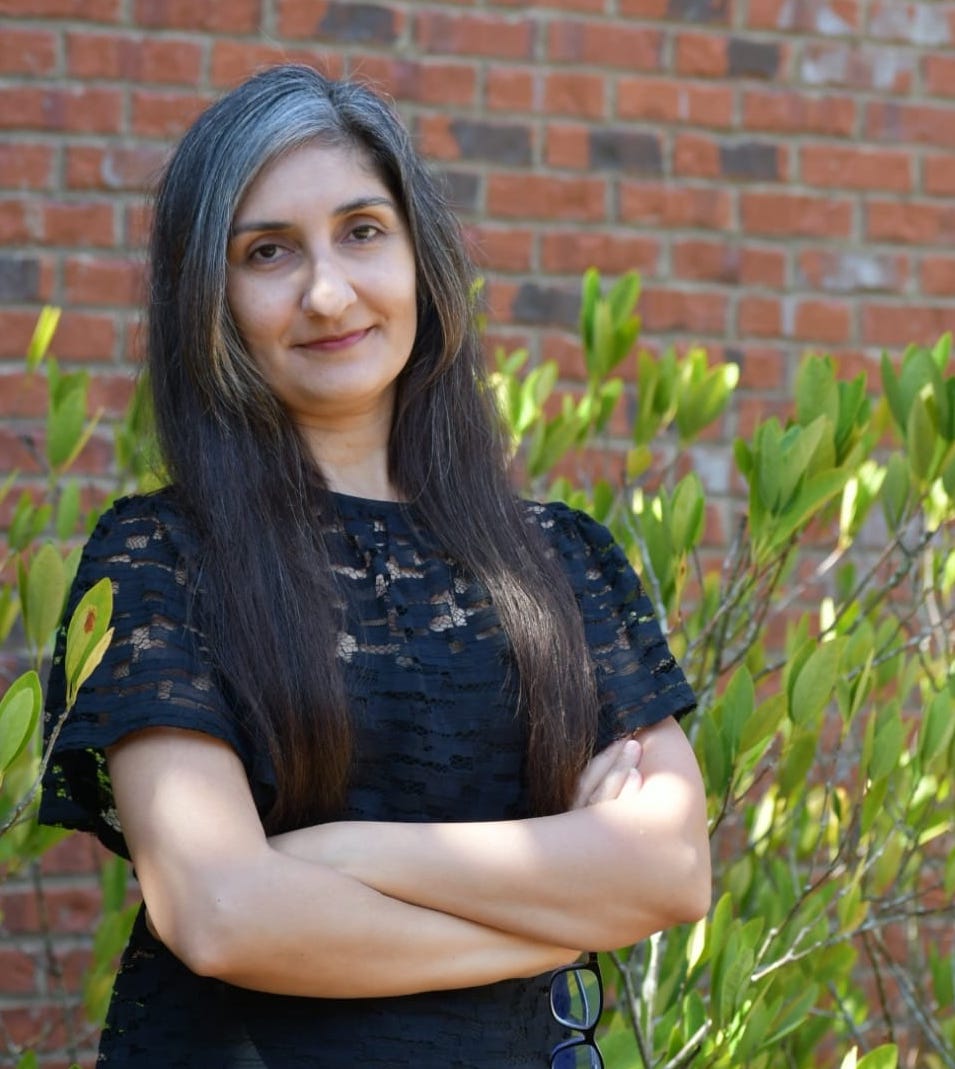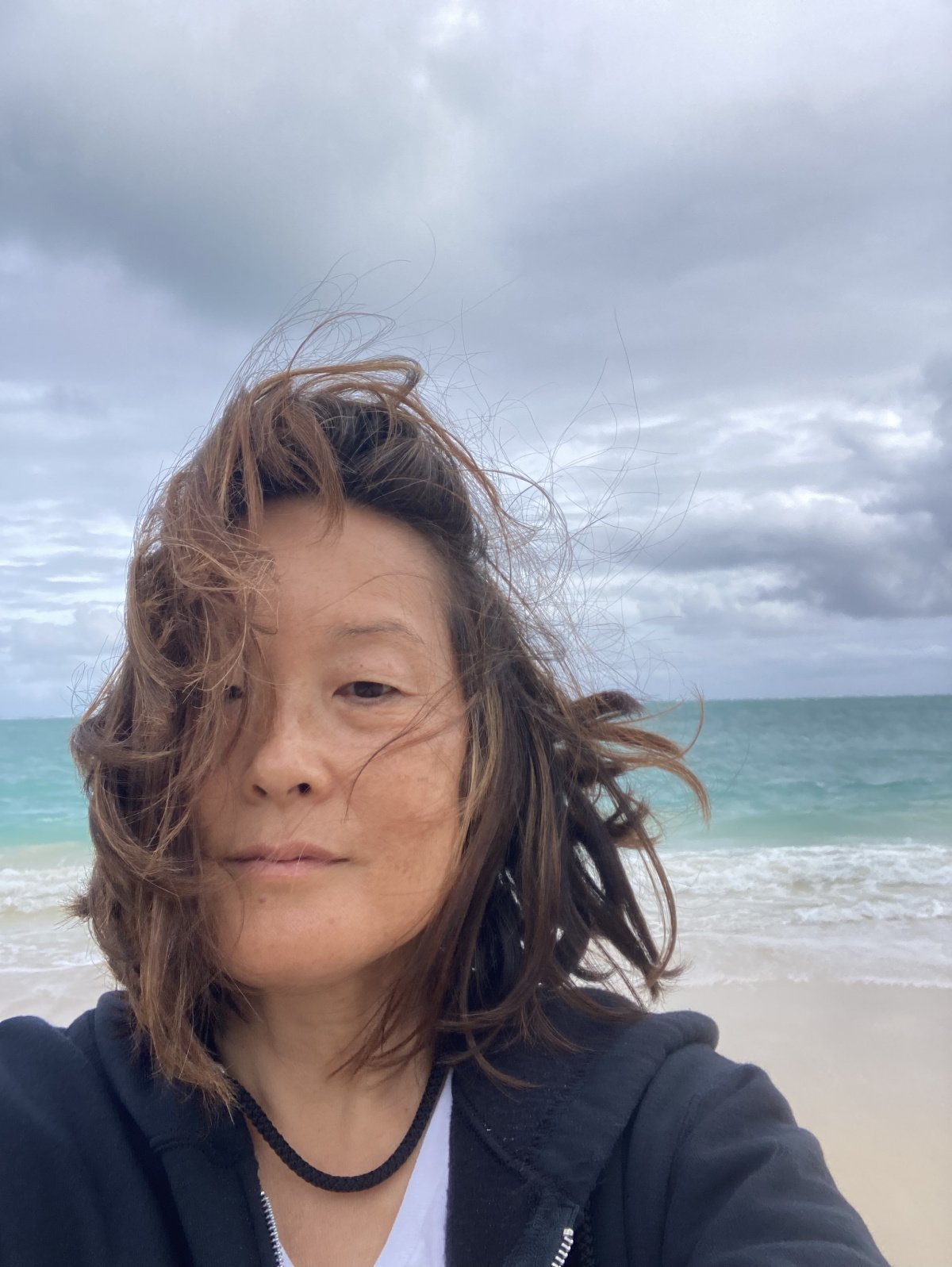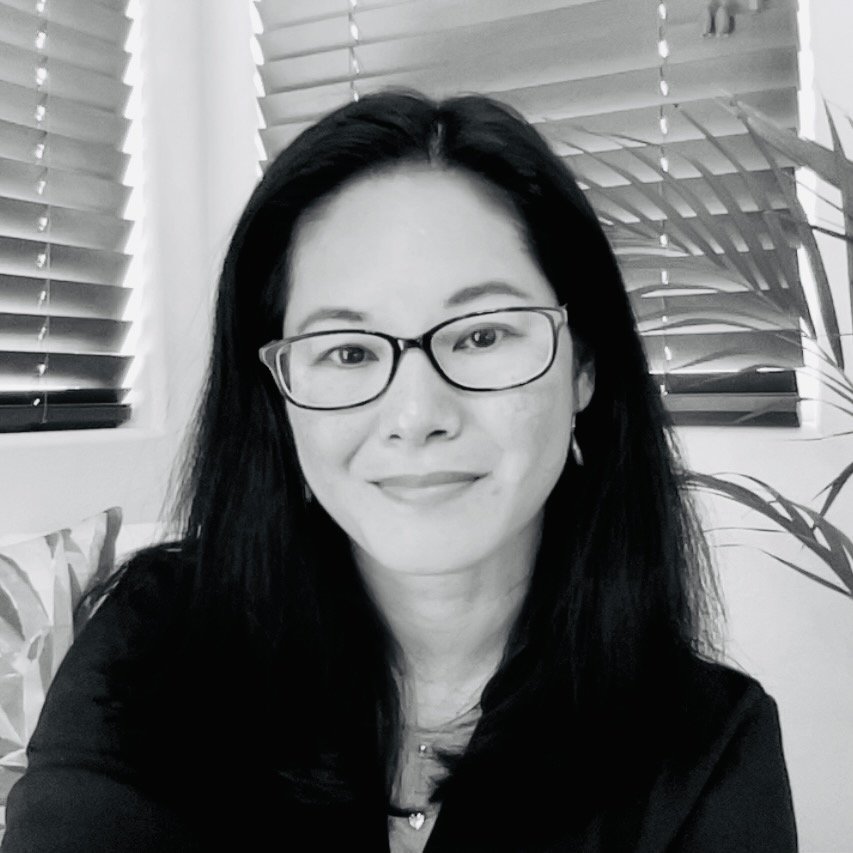When writers, readers, and critics speak of a writer’s voice they are referencing the writer’s chosen words that reveal the writer’s self, how she perceives and moves in the world. Voice is the writer’s soul and spirit, and how the writer brings this to the page is the writer’s voice. Being honest to our voice, to who we are, is the key task in the writing of a story, and our life’s most significant mission. If we cannot be who we are, then who shall we be?
When we refer to a writer’s voice, most telling and daunting is that there exists a distinctly proscribed way of conveying written text codified by primarily male writers. It has been this way for centuries. It will continue to be this way. In the process of trying to convey our story, we quiet or even lose our voice because we are fearful. We strive to appease or appeal to people who judge us according to an unknown or mysterious standard that often, we can never achieve as it is rather subjective. And yet, it is imperative that we persevere and risk writing who we are as otherwise, our voice is silent, and if ours, then many other women who are out there too. When we are courageous about our voice, we pave the way for dozens of others to follow suit.
We must have faith in the story. Believe in our right to write. While writing is a learned skill, the ability to reveal who we are is directly correlated to our willingness to be vulnerable on the page. Our words are meaningful because our story matters. The voice that we summon is one that acknowledges our full self. This voice is the beautiful, courageous, resilient, complete self who has declared her right to live as a one who wants to set the terms of her own life.
Whoever controls the text controls the story. A delivery through the medium of writing often prompts a different reaction because texts impart a permanence. Words on a page compel an undeniable respect. Every major cultural, religious, legal, and creative institution’s laws and customs are upheld, reinforced, and codified by text. Someone writes the text; another person interprets this text; yet another person writes a story based on this interpretation. We are readers of a story several layers away from the primary text. Imagine what remains and what changes. Given this truth, it’s important to throw your own voice into this layered chorus and write with everything you are. You are your voice. Write your truth to power.
We may feel inhibited about the physical act of putting words down on a page. An easy solution is to simply pretend that we are speaking to someone: talk to the page! For accuracy, we record our voice with a phone or device, and transcribe the spoken words. Edit for clarity. Speaking and writing use different parts of our brain, but know that communication is linked, writing inhibition is real, and however we get our words onto the page will be fine. The vast majority of the globe’s illiterate are women, but our wisdom transcends what is written; this is how we have survived through the millennia. Know that through the power of our oral storytelling we write a story on the page—for those of us who cannot write we put our words down on paper. We do this by recording our story.
A woman’s voice is often considered dangerous. How often are women accused of being shrill? The numerous complaints about a woman’s voice—her accent, her tone, her articulation are familiar to anyone follows the commentary about women in the public spotlight. There are no end of complaints about the actual pitch of a woman’s voice, but what most dig at is a particular woman’s willingness to use her voice in an arena that women rarely participate in.
Breaking silence is looked upon as disruptive and to break the silence about our marriage, enshrined across the globe as an institution to maintain stability within a system of patriarchy, is considered at best poor taste, and at worst, a display worthy of public condemnation. Marriage is considered private. Personal. And it is. But to dismantle a marriage through divorce requires outside documentation (just as marriage did), and to write the details of this break-up potentially place women in the position of being seen as dangerous. We may or may not be the very first woman in our family to divorce, but it is highly likely that we are the first woman who records the reasons for the divorce. It is inconvenient, if not unpleasant for most people to be presented with anything that disrupts the norm. The truth is the details that prompted your divorce are unimportant to most, but they are important to you, and therefore worth writing.
You may be quiet, someone who is reluctant to expose your private happenings to anyone, but you have a right to exercise the use of your voice. There is no reason for your silence.
Write your divorce story. Discuss the inclusion of your divorce story in your legal file.
Write your story. Change your mind. Author your life.





